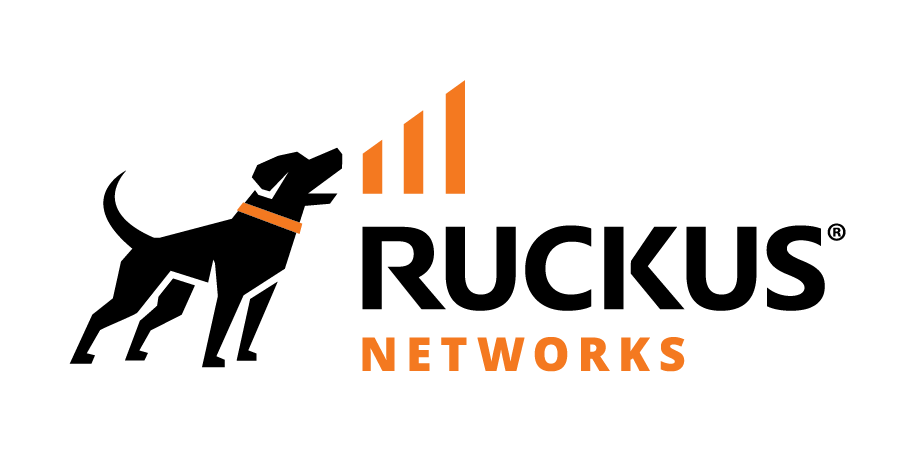- Community
- RUCKUS Technologies
- RUCKUS Lennar Support
- Community Services
- RTF
- RTF Community
- Australia and New Zealand – English
- Brazil – Português
- China – 简体中文
- France – Français
- Germany – Deutsch
- Hong Kong – 繁體中文
- India – English
- Indonesia – bahasa Indonesia
- Italy – Italiano
- Japan – 日本語
- Korea – 한국어
- Latin America – Español (Latinoamérica)
- Middle East & Africa – English
- Netherlands – Nederlands
- Nordics – English
- North America – English
- Poland – polski
- Russia – Русский
- Singapore, Malaysia, and Philippines – English
- Spain – Español
- Taiwan – 繁體中文
- Thailand – ไทย
- Turkey – Türkçe
- United Kingdom – English
- Vietnam – Tiếng Việt
- EOL Products
- RUCKUS Forums
- RUCKUS Technologies
- Access Points
- 80211b legacy devices impact on 802.11AC environme...
- Subscribe to RSS Feed
- Mark Topic as New
- Mark Topic as Read
- Float this Topic for Current User
- Bookmark
- Subscribe
- Mute
- Printer Friendly Page
80211b legacy devices impact on 802.11AC environment
- Mark as New
- Bookmark
- Subscribe
- Mute
- Subscribe to RSS Feed
- Permalink
- Report Inappropriate Content
10-28-2019 11:37 PM
I have a healthcare client that is a high care facility currently running 802.11N AP's soon to be replaced with 802.11ac's
They are about to retire their existing cable based Nursecall System with a 3rd party product that only operates on 802.11b. At present all devices (Laptops, Tablets, Vocera Badges) connected to the AP's are 802.11n capable so transaition to the higher rate AP's wasnt going to be an issue.
What is the impact of having legacy devices running 802.11b when all others run at higher rates? The WIreless LAN has run flawlessly for 5 years since installed, and my concern comes from my limited understanding of what I saw with a Ruckus deployment at an equivalent site where the Ruckus units would ramp down to accomodate the 802.11b devices then after a period ramp back up to 802.11n. This lag time affected other services on the site such as Telehealth Video Conferencing (*where a patient was engaged in a consult with a GP or specialist Dr via viedo link attached to the Wifi)
Is there a deadline for 802.11b to be EOL by the IEEE or Wifi Alliance? SHould I be concerned?
- Mark as New
- Bookmark
- Subscribe
- Mute
- Subscribe to RSS Feed
- Permalink
- Report Inappropriate Content
10-30-2019 08:35 AM
However, since you have 802.11b devices, I don't think there's a lot you can do about that. Management frames should be a small fraction of total airtime consumption (SmartZone has some health graphs you can use to check how much time is used by management frames)
Other than that, as Darrel said, (ignoring 802.11ac and 802.11ax improvements), WiFi is a single duplex medium. At any point in time, your AP is listening or talking to 1 client at a time. For each client (and for each packet), the transmitter tries to pick the best transmission speed to the client. So talking to a slow 802.11b client doesn't mean it can't talk to a quicker 802.11n client at 802.11n speeds.... But it does mean that communicating the same information to an 802.11b client takes longer than doing that with an 802.11n client.
With that said, Ruckus has Airtime Fairness which tries to make sure that all clients fairly share downlink airtime, which in effect means that 802.11b clients see less throughput when they are sharing airtime with 802.11n clients, but that allows your 802.11n clients to see higher throughput without the channel being hogged by slower clients.
- Mark as New
- Bookmark
- Subscribe
- Mute
- Subscribe to RSS Feed
- Permalink
- Report Inappropriate Content
10-30-2019 05:47 PM
Wish me luck everyone.
-
Access points
1 -
AP Controller Connectivity
2 -
AP Management
6 -
AP migration
1 -
Authentication Server
1 -
cli
1 -
Client Management
1 -
Firmware Upgrade
2 -
Guest Pass
1 -
I live in
1 -
Installation
3 -
IP Multicast
1 -
mounting
1 -
Poe
3 -
Proposed Solution
2 -
R320 SLOW SPEED
1 -
R550
1 -
R610
1 -
R650
2 -
R750
2 -
Ruckus
1 -
Security
1 -
SmartZone
1 -
Solution Proposed
2 -
SSH
1 -
T710
1 -
Unleashed
1 -
User Management
1 -
Wireless Throughput
1 -
WLAN Management
1 -
ZoneDirector
1
- « Previous
- Next »

